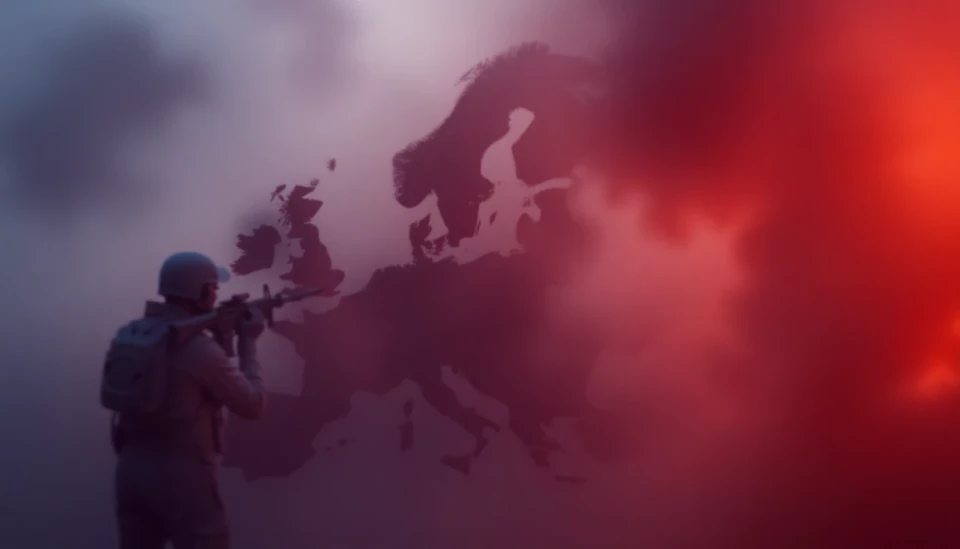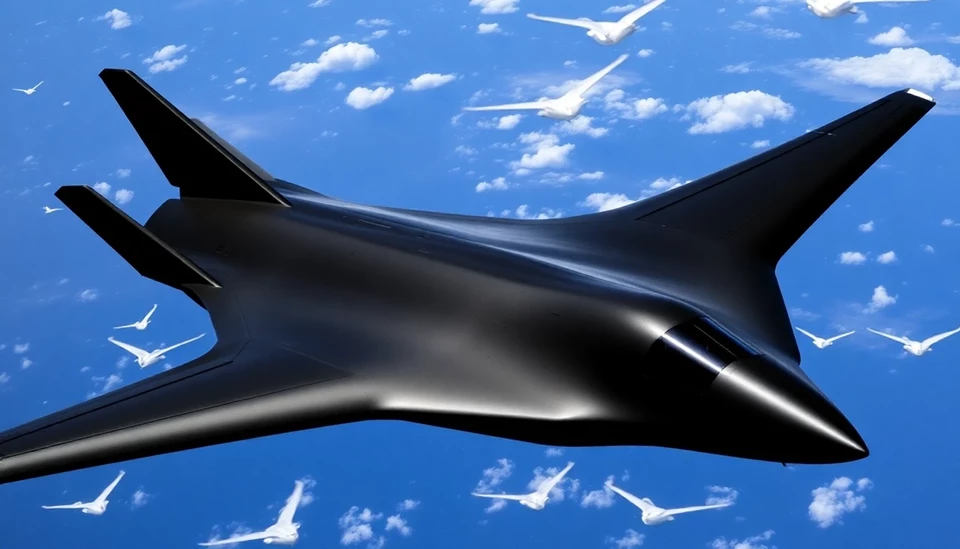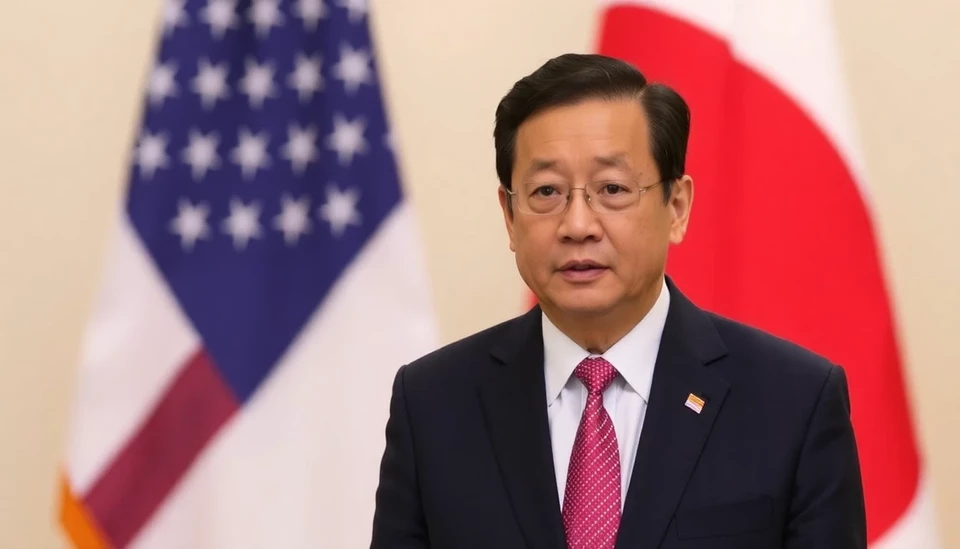
In response to escalating global tensions and the urgent need for enhanced national security, European nations are ramping up their defense spending. This significant buildup is not only a strategic imperative to bolster military capabilities but also serves as a pivotal economic buffer against potential downturns. As governments recognize the dual benefits of a fortified defense posture, the implications for the economy are becoming increasingly apparent.
The backdrop of this defense surge is largely influenced by geopolitical threats, including the ongoing conflict in Ukraine, and concerns over rising authoritarianism in various regions. European leaders are motivated by the imperative to secure their borders and ensure regional stability, which has catalyzed a collective effort to increase military readiness and capabilities across the continent.
In 2023, defense expenditures across Europe are projected to reach an all-time high, with member states of the European Union committing to enhancements in their air, land, and naval forces. This trend has been catalyzed by several nations promising to meet or exceed the NATO guideline of allocating at least 2% of their gross domestic product (GDP) to defense. Countries like Germany and Sweden are leading the charge, significantly increasing their defense budgets to replenish and modernize their armed forces.
Beyond immediate security concerns, this defense buildup presents a crucial economic opportunity. The aerospace and defense sectors are projected to experience robust growth as governments invest heavily in military technology, creating thousands of new jobs and stimulating industrial activity. The ripple effect of such spending is expected to support various related industries, from manufacturing and logistics to cybersecurity and defense contracting.
Analysts predict that this influx of capital will act as an economic cushion, particularly in light of potential recession fears linked to inflation and energy costs. By invigorating domestic industries through defense contracts, countries can mitigate job losses and economic stagnation, fostering resilience in turbulent times. There is a growing recognition that a strong defense sector can act as a stabilizing force for national economies.
As Europe embarks on this ambitious collective defense strategy, the focus will likely extend beyond sheer military power. The integration of advanced technology, including artificial intelligence and cyber capabilities, will be essential. Leading defense firms are now prioritizing innovation and collaboration with technology companies to enhance Europe’s defense posture while simultaneously ensuring that this technological edge translates into economic growth.
Critics, however, caution against viewing military spending solely as an economic driver. They argue that prioritizing defense over other critical areas such as education and healthcare could jeopardize broader societal needs. Nonetheless, the prevailing perspective among many policymakers is that a strong defense is fundamental to preserving not just security but the very fabric of democratic and economic prosperity in Europe.
Ultimately, the unfolding narrative around Europe’s defense buildup illustrates a complex balancing act—strengthening military capabilities while simultaneously propelling economic growth and resilience. In a world fraught with uncertainty, European nations appear committed to using their defense strategies as a crucial pillar of both security and economic stability.
As governments navigate these challenges, the question remains: how will they balance their newfound defense commitments with the pressing socio-economic needs of their populations? Only time will tell if this strategy will yield a robust and sustainable economic atmosphere alongside a secure future for the continent.
#Defense #Europe #MilitarySpending #EconomicGrowth #NATO #JobCreation #Geopolitics #Security #Innovation #Sustainability
Author: Rachel Greene




